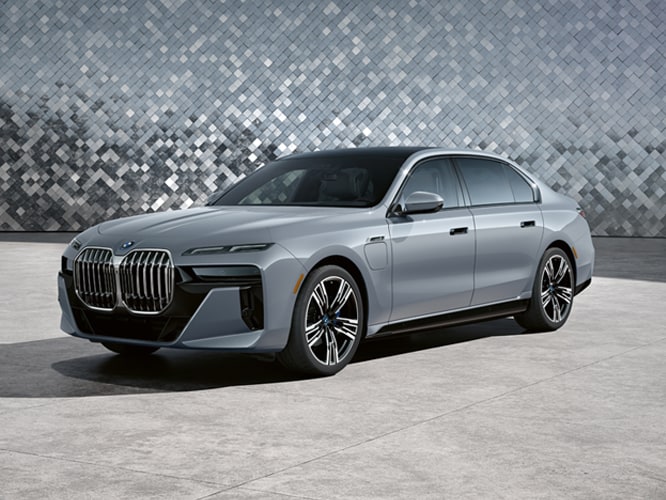Aixuze Insights
Explore the latest trends and insights on diverse topics.
Hybrid Cars: The Best Compromise on Wheels
Discover why hybrid cars are the ultimate compromise for eco-conscious drivers. Get ready to revolutionize your ride today!
Understanding Hybrid Technology: How Do Hybrid Cars Work?
Hybrid technology represents a remarkable blend of conventional and electric power sources, primarily utilized in hybrid cars. A hybrid car typically incorporates two engines: a gasoline engine and an electric motor. When you start the vehicle, the electric motor takes precedence for low speeds and light acceleration, ensuring a quieter and more efficient drive. As the speed increases or if greater power is needed, the gasoline engine seamlessly kicks in. This duality allows for improved fuel efficiency and reduced emissions, making hybrid cars an appealing choice for environmentally conscious drivers.
There are several types of hybrid systems, each with unique characteristics:
- Full hybrids can run independently on either the electric motor or the gasoline engine, or a combination of both.
- Plug-in hybrids have larger batteries that can be charged externally, allowing for extended electric-only driving.
- Micro hybrids utilize start-stop technology to save fuel by shutting off the engine when idling.
Understanding these variations can help consumers make informed decisions about what suits their lifestyle best.

The Environmental Benefits of Driving a Hybrid Car
Driving a hybrid car offers a multitude of environmental benefits that contribute to a healthier planet. One of the primary advantages is a significant reduction in greenhouse gas emissions. Hybrid cars combine a traditional gasoline engine with an electric motor, leading to lower fuel consumption and less carbon dioxide emitted into the atmosphere. By reducing reliance on fossil fuels, these vehicles help combat climate change and promote cleaner air quality for all.
Additionally, hybrid cars are designed to be more energy-efficient, meaning they consume less fuel compared to conventional vehicles. This increased efficiency not only conserves natural resources but also helps minimize oil spills and habitat destruction associated with oil extraction. By choosing a hybrid car, consumers can play a direct role in preserving our precious ecosystems and promoting sustainability. In essence, hybrid vehicles present a practical solution to environmental challenges, facilitating a shift towards a greener future.
Hybrid vs. Traditional Cars: Which is the Better Choice for You?
When considering Hybrid vs. Traditional Cars, it's essential to weigh the distinct benefits each type offers. Hybrid cars utilize a combination of a gasoline engine and an electric motor, which can significantly increase fuel efficiency and reduce emissions. This is particularly beneficial for city driving, where stop-and-go traffic can deplete fuel quickly. On the other hand, traditional cars generally have a more straightforward design and are often less expensive upfront, but they might incur higher long-term fuel costs. Assessing your driving habits and environmental concerns is crucial in making an informed decision.
Ultimately, the choice between hybrid and traditional vehicles may come down to personal preferences and priorities. If you value lower fuel consumption and want to contribute to reducing your carbon footprint, a hybrid car might be the way to go. However, if you prefer a vehicle with potentially lower purchase costs and simpler maintenance, you may lean towards a traditional car. Make sure to consider factors such as fuel economy, maintenance costs, and resale value to determine what aligns best with your lifestyle.